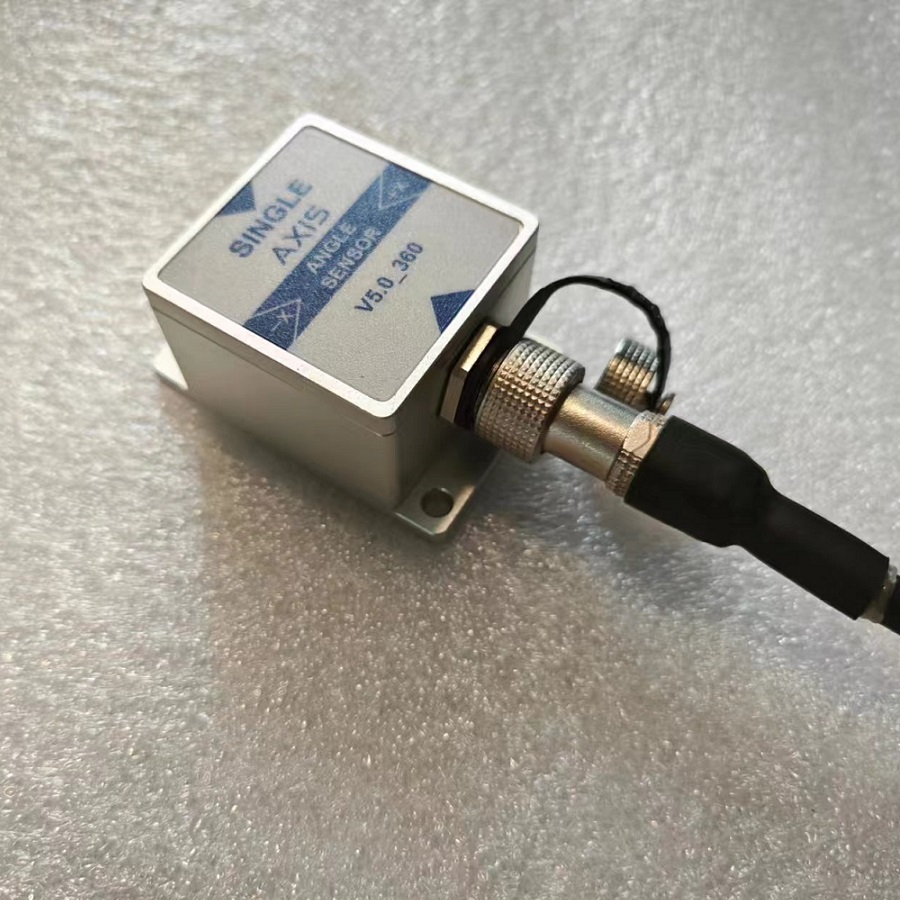Company new
What Is A Lmi Sensor
In the realm of sensors, the LMI sensor holds a significant place, often working in tandem with other types like angle sensors to fulfill various technological applications.
So, what is a LMI sensor? LMI stands for Laser Measurement Instrument. Essentially, an LMI sensor is a device that utilizes laser technology to measure distances, dimensions, or other physical properties with a high degree of precision. It emits a laser beam and then analyzes the reflected light to gather information about the object or space it is targeting. This enables it to accurately determine things like the position of an object in a given area, the size of an object, or the distance between two points.
For example, in industrial settings, LMI sensors are commonly used in manufacturing processes. They can monitor the position and movement of components on an assembly line, ensuring that parts are being assembled correctly and within the specified tolerances. If a part is out of position, the LMI sensor can detect this deviation and send a signal to the control system to make the necessary adjustments.
Angle sensors, on the other hand, are designed to measure angles. They are crucial in applications where the orientation or rotational movement of an object needs to be monitored. In a robotic arm, for instance, angle sensors are used to keep track of the angles at which each joint is moving. This information is vital for the precise control of the robotic arm's movements, allowing it to perform tasks such as picking up objects or performing intricate maneuvers with accuracy.

While the LMI sensor focuses on distance and dimension measurements, angle sensors are centered around angular measurements. However, they can often be used together in complex systems. Consider a scenario where a robotic vehicle is navigating through an environment. The LMI sensor can provide information about the distances to obstacles in its path, while angle sensors can help determine the orientation of the vehicle itself. By combining the data from both types of sensors, the robotic vehicle can make more informed decisions about how to move and avoid collisions.
In the field of automation and robotics, the integration of LMI sensors and angle sensors has become increasingly important. They allow for more precise control and navigation, leading to improved efficiency and safety in various operations. Whether it's in a factory setting, where machines need to work in harmony, or in a research laboratory exploring new frontiers of technology, these sensors play a vital role.
Understanding what a LMI sensor is and how it relates to angle sensors is key to grasping their importance in modern technological applications. Both types of sensors offer unique capabilities that, when combined, can enhance the functionality and performance of numerous systems, enabling us to achieve greater precision and control in various fields.
RELATED NEWS
- Accuracy of On - board Weighing 2024-11-15
- Unlocking the Power of Forklift Load Indicator (LMI) for Your Business 2024-11-21
- BOJIN Tower Crane Safety Devices 2024-11-28
- Unlocking the Future of Mobile Crane LMI with BOJIN 2024-12-12
- BOJIN Tower Crane Anti-Collision System 2024-12-20
CATEGORIES
CONTACT US
Contact: Mr.Wang
Phone: 0086-13697297875
Tel: 0086-13697297875
Email: tech_kevin@ycbjdz.com
Add: No.19 Lantai Road,Hi-tech Zone,Yichang City,Hubei Province,China